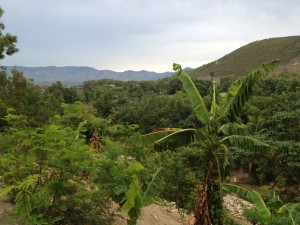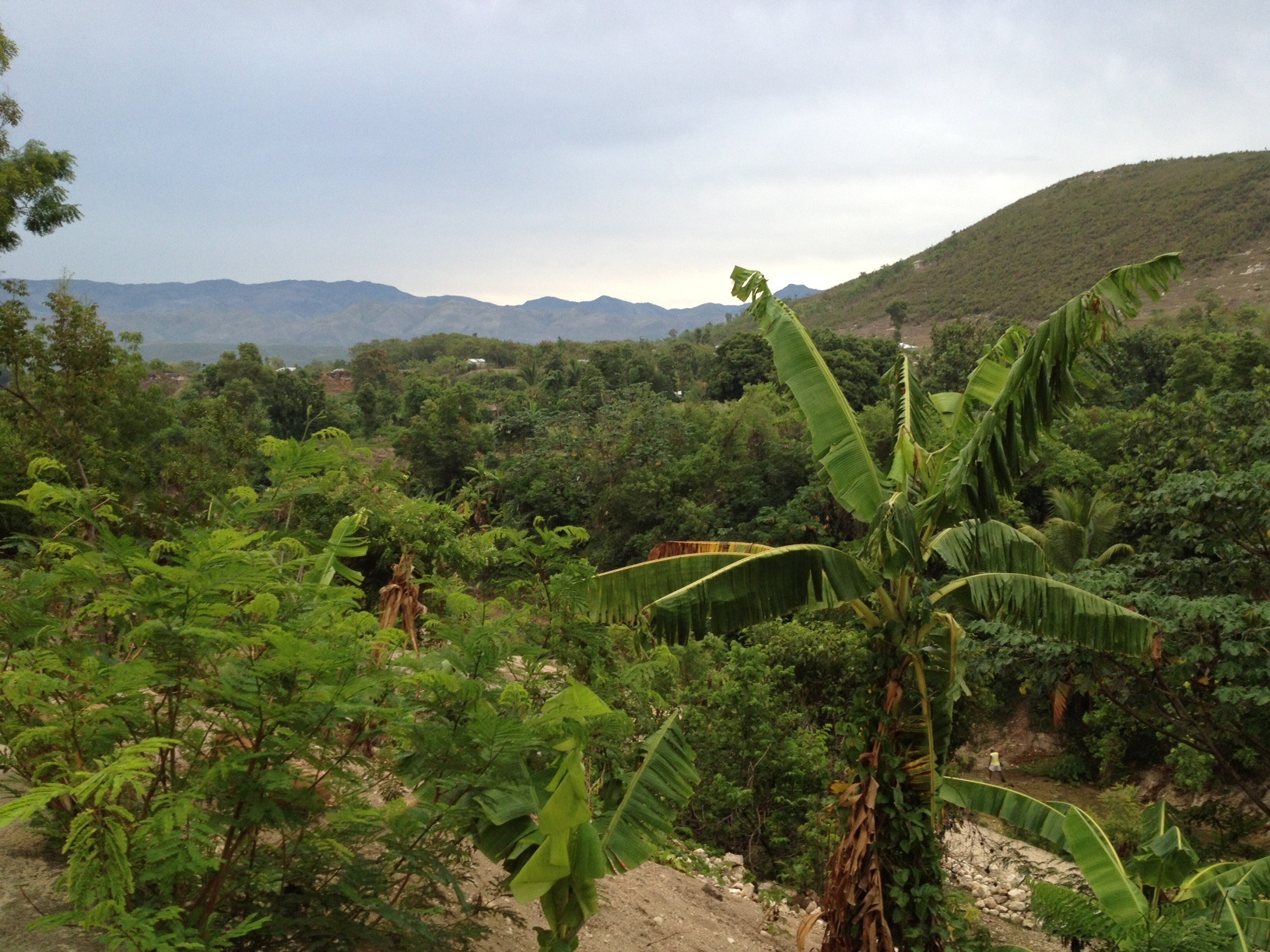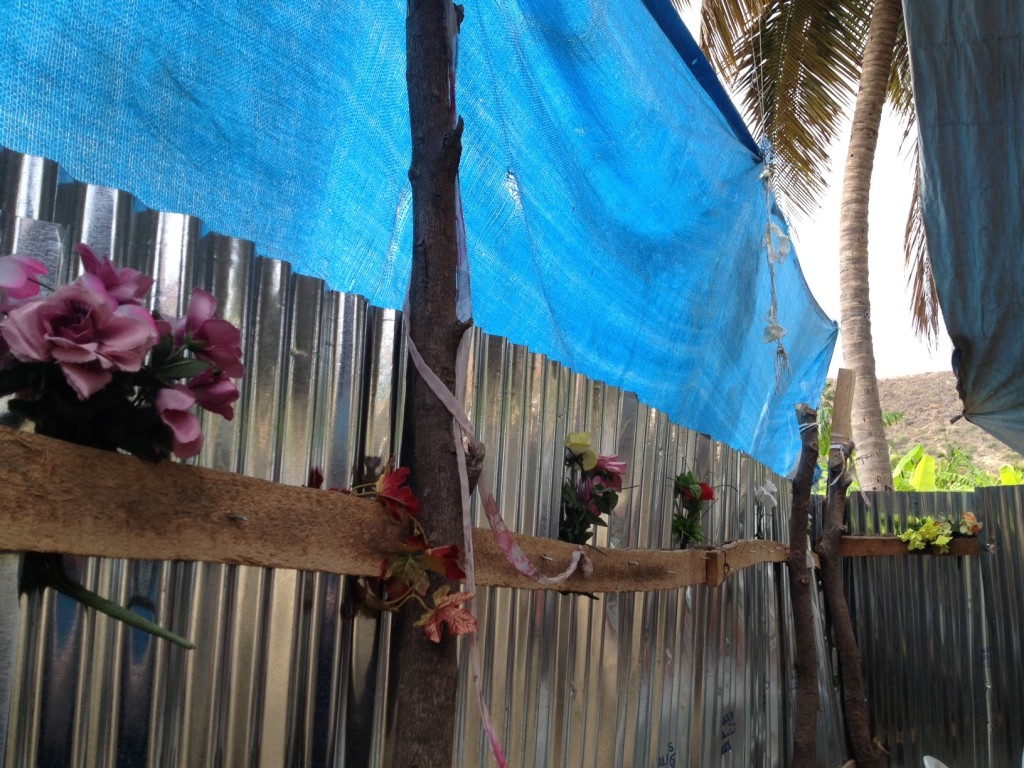 It’s words that stick with me as a writer. So here’s a few phrases (translated thanks to Vanessa Guillaume and paraphrased) that I’ll not soon forget from my time in Haiti last week, where we were discussing a year-long initiative to engage farmers’ associations in Artibonite on aid effectiveness.
It’s words that stick with me as a writer. So here’s a few phrases (translated thanks to Vanessa Guillaume and paraphrased) that I’ll not soon forget from my time in Haiti last week, where we were discussing a year-long initiative to engage farmers’ associations in Artibonite on aid effectiveness.
Watch for more content forthcoming on Politics of Poverty and via Oxfam America’s Aid Effectiveness Team.
***
“It’s like they’ve brought us a plate of food and told everyone to take a bite. But we don’t know the food or how it was made.” Response: “But if we’re not going to eat it, they’re not going to bring any more.”
“We don’t expect NGOs to solve all our problems, but let’s analyze together what is the most pressing. We need help moving the big pot, not the medium-size pot.”
“[The federation of farmers associations] was given 12 hours to make a list of needs [among all the associations]. How can that result in participation?”
Where the [agricultural] project is going to be, this is from where it must grow.” (Literally and figuratively – hello.)
“I’m tired of [large, bilateral project]. They invite us to meetings and then don’t come. They had one meeting and instead of teaching us how to farm, they asked who had land where corn could be planted.”
“A professor showed a document telling what [the project] had done, but it meant nothing to me. I’m the one who can tell you the results.” (Such competing world views about what constitutes evidence on display.)
[After debate about how much criticism is acceptable:] “I don’t agree [the project] helped. They did business with us.”
“[The local NGO] is what actually helped. They came to find out what the [large, bilateral] project as supposed to do. If the [bilateral donor] had done the same, all these problems could have been avoided.” (My emphasis. There was so much ache when he said this.)
“How does a person help someone who’s fallen? You pick them up and take them to the hospital. You can’t pick them up and then try to stand them up. They will fall again.”
“Donors come and turn us to zombies.”
“It’s like…we don’t have to be spectators to all this aid. We don’t have to accept whatever comes.”
[After interacting with the Paris principles:] “We have a glimpse of what to do next, when another NGO comes…People coming here have to come with a written document of what the project will look like to see if it’s what we need. We can offer alternatives and contribute our own resources. And we can ask for translation into kreyòl!”
“It’s like USAID is the corporate sponsor of Haiti. I can’t turn my head without seeing that logo.” (I must confess. It was me who uttered this one.)
“It’s how the [aid] is given to you that’s going to determine if one’s independence is built.”
“It is important for us to speak up so that [aid] money doesn’t just go in circles.”
“Is it a political strategy for Americans to come waste their money and weaken us?”
“The [large, bilateral] project is alike a president. They come give promises, then they go and we are no better off.”
“It’s like outsiders think more about the earthquake than we do. We don’t have time for that. We have to live.”
“We have opened our eyes.” Response in the group: “I want the whole country’s eyes to be opened on this issue [of aid effectiveness].”
***
As you can see, aid effectiveness is a long, winding road. Awareness at the community level about people’s role in bringing it about with local government and NGOs is, frankly, a politicization process.
My parting words shared with the farmers? Pa gen anyen pou nou, san nou. Remember—nothing for us, without us.



When a follower on Facebook wrote that my week must have been “dispiriting,” I thought I should also share this. I came back invigorated and really excited about the importance of liaising with communities on aid effectiveness and equipping people with active citizenship tools to enable them to push back on NGOs and local government.